How can I be more secure online?
If a big company has a bad security policy, you don’t want to be exposed to it. But you are not in a position to defend yourself. Invest a great deal of energy in protecting home safety. Why do people think that the novels they write will be destroyed by ransomware if they are hacked? What about the money? Is it secure? Fortunately, you can strengthen your local defenses against the local problem. It is simple while utilizing cutting-edge technology. We even have some good ideas on how to secure your website online.
Get a VPN and Use It
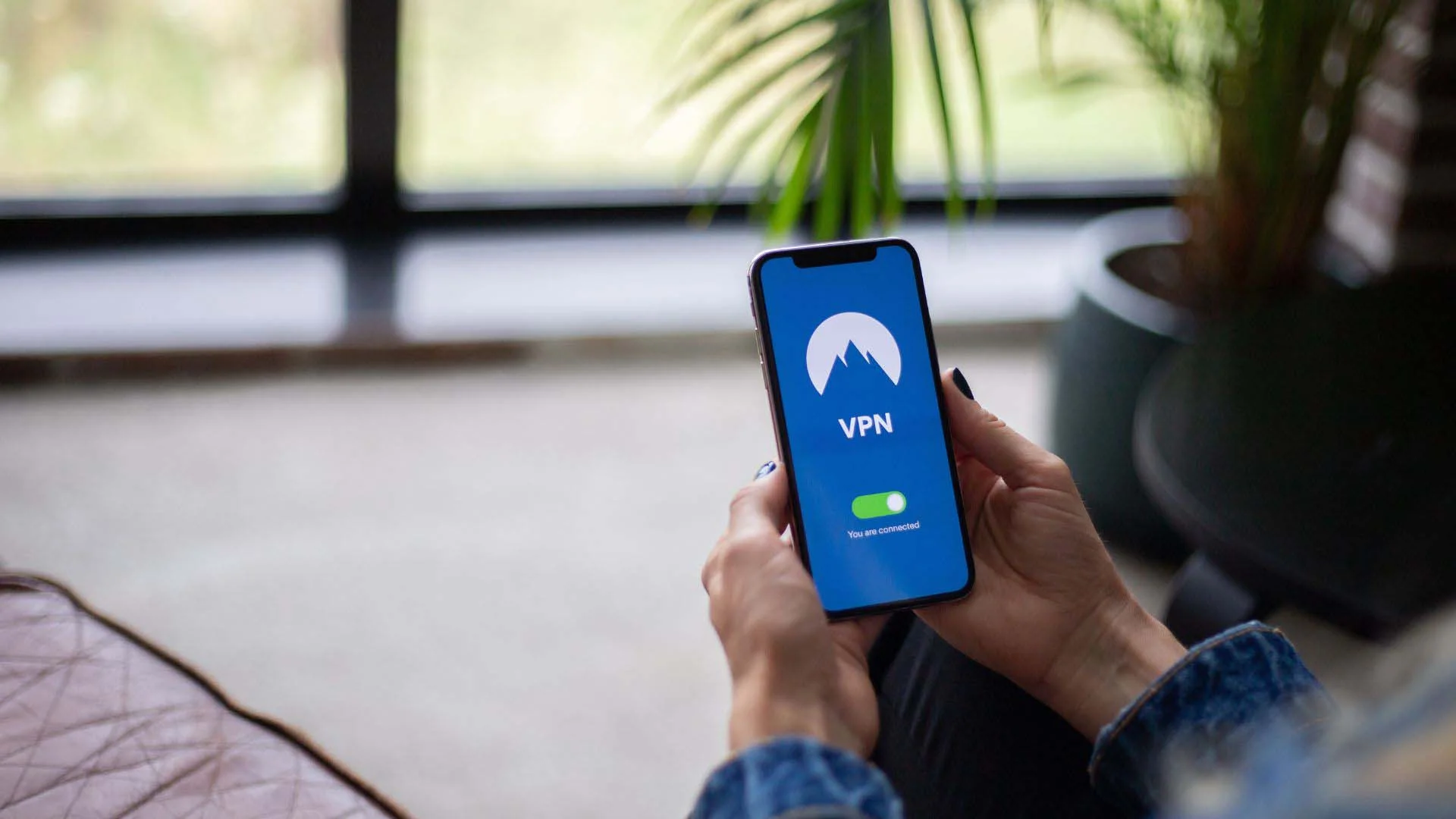
Virtual private networks, or VPNs, are something you should start using if you work in a public place or with a wireless connection that you don’t own. Tell us if you have ever gone to a coffee place to connect to free WiFi networks. No safe security measures exist for this connection.
Some hackers on these networks may be tempted to steal your laptop account data or even steal from you. The hotspot owners can be the culprits behind all these malicious threats occurring on these wireless connection services. A VPN is a software that allows you to intercept your online communications and route your data over a computer hosted on a company’s network. No one is going to steal your data unless the VPN owner owns the free WiFi.
We personally recommend Nord VPN which we have been using for 4 years now.
Use Passcodes Even When They Are Optional
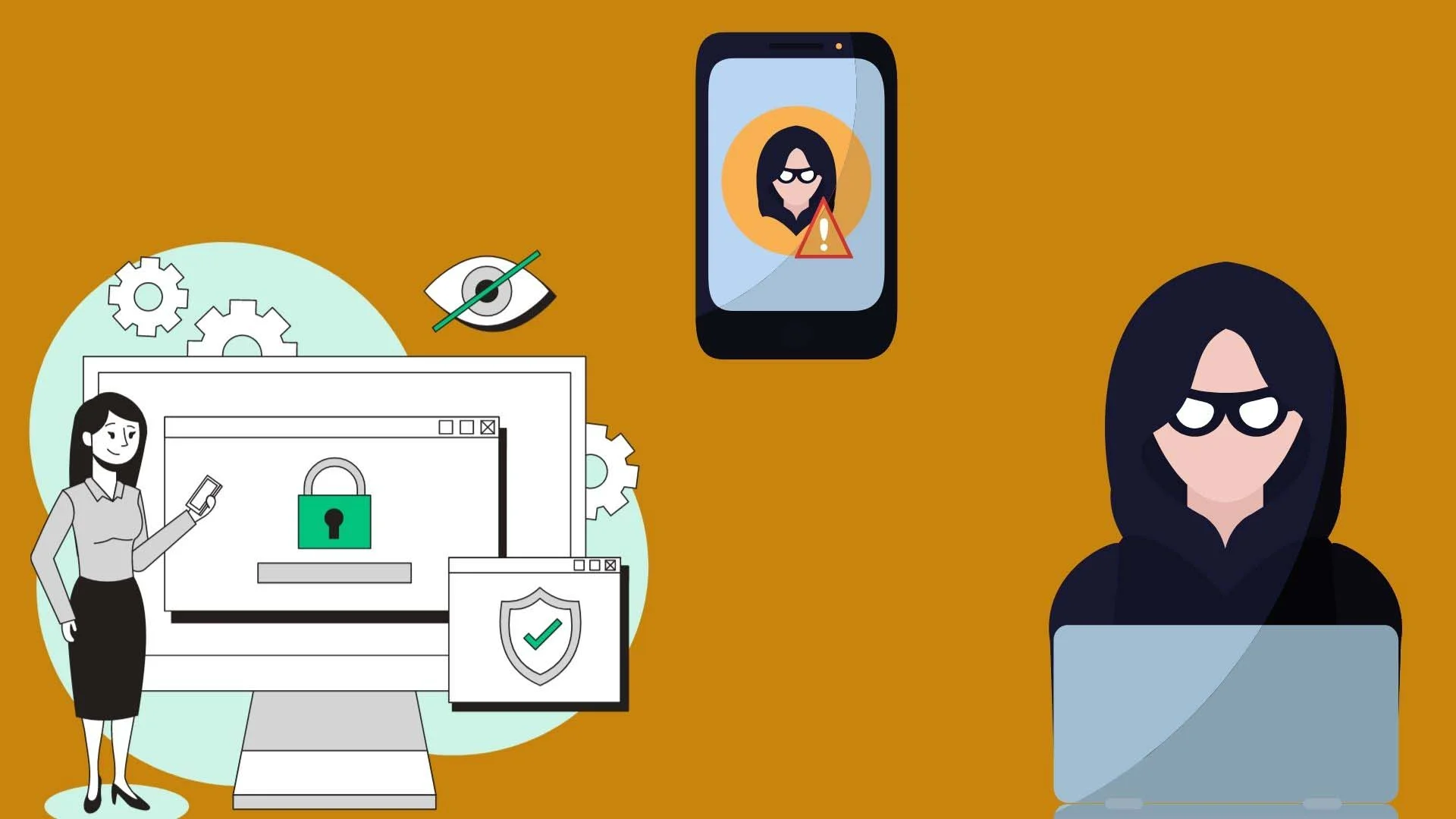
Whenever possible, utilize password locks, even when they are optional. Take a look at your smartphone’s data. No one with an unencrypted code can enter. Common smartphone devices employ the four-digit PIN. Make sure that all of the data is biometric. You should remember that even if your TouchID is used you can still authenticate the password, so you always need a solid password. Apple’s latest devices feature six digits. To activate this choose Settings > Touch ID & Passcode and choose Change Passcodes.
Clear Your Cache
Never underestimate the amount of private info that browser caches can give. Cookies saved on your computer may contain personal information such as name, address, or email address. The best practice is to always delete the cookies from any website or browser and clean up all browser history if possible. I know this is simple. Press Ctrl+Shift+Del to see the dialog where the browser will show the data that will be erased. Alternatively, try another browser and do the same combination for all keys; that could work well.
Install an Antivirus and Keep It Updated
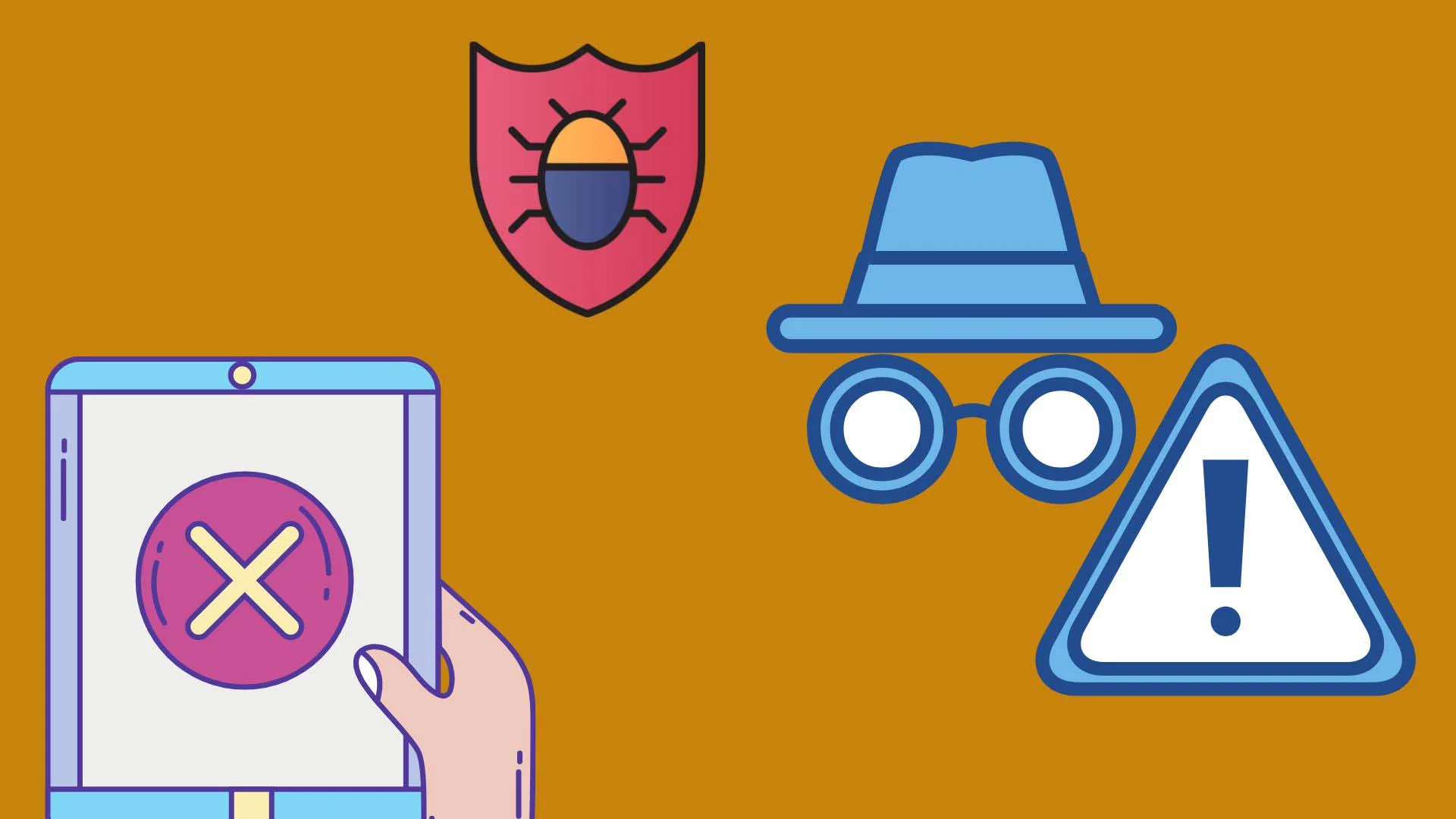
It’s called an antispyware program, and preventing computer viruses is merely an important aspect of their work. Many common hackers share malware that encrypts your data and demands payment for its restoration. Trojan horses appear as legitimate programs that hide behind a curtain of intrusion into your private data. Bots attack your computer like an army of zombies ready to spew spam and malicious software. Effective antivirus protection against all types of malicious software is extremely important.
Turn off the ‘Save Password’ feature in the Browser
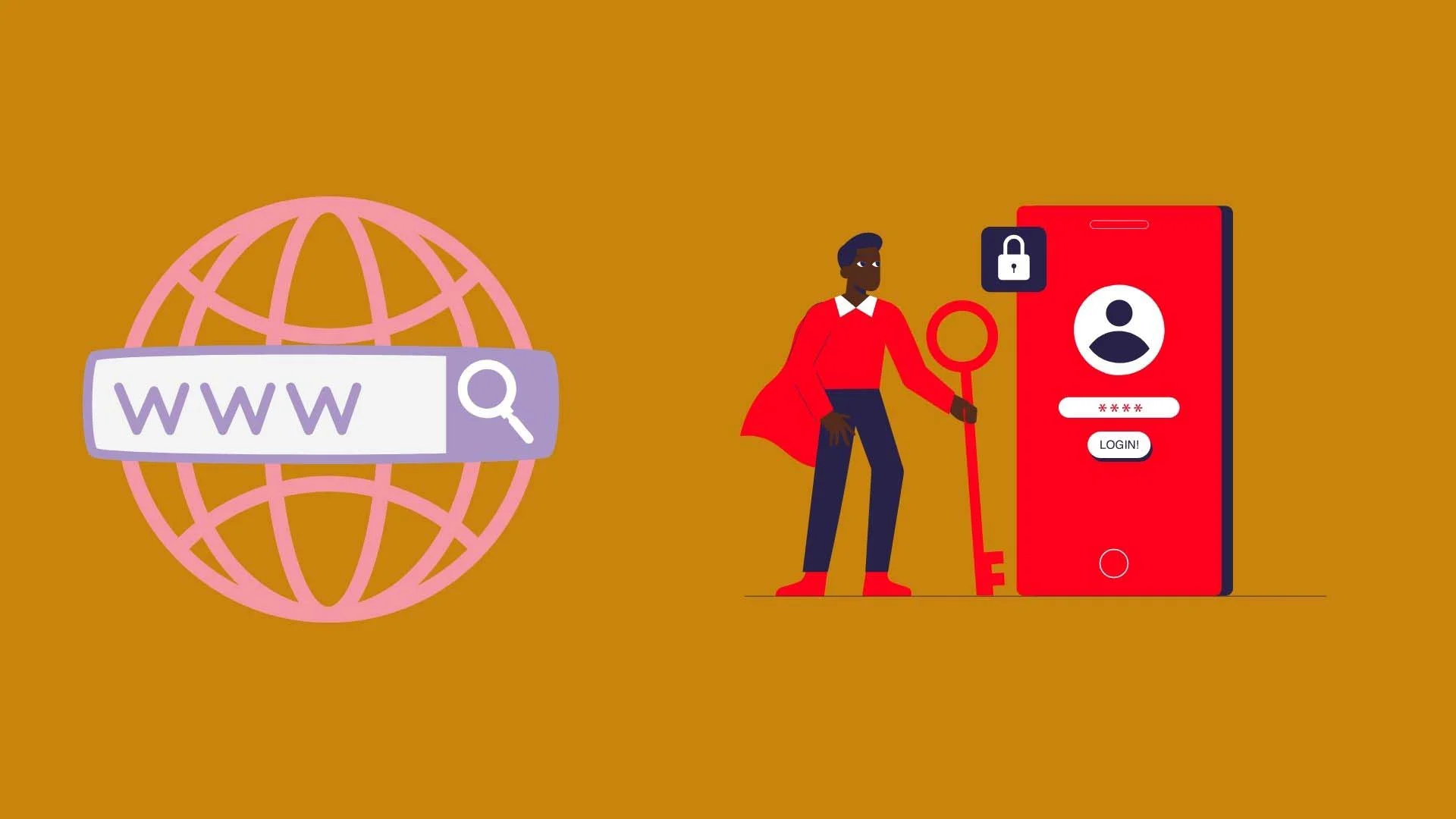
Most browsers have built-in password management features. But PCMag does not recommend it. Our view is to let a manager do password management for your passwords. Take note of it. If you use another password manager, it usually lets you save the password to a storage device. There may be malware on the browsers. Having your password stored in a centrally located database enables you to reuse it on every computer and browser.
We recommend Nord Pass to save your passwords.
Use Unique Passwords for Every Login
The only way to gain access to a computer system is by using smuggled usernames and passwords. Let’s say the hacker stole your login information by using your email account. Those who log in to banking sites or other online stores may be given an identical username or password. A highly secure password will prevent Internet hacking from causing a domino effect. This can be done by using a random code in a password manager. A person should never create a password.
What is online security?
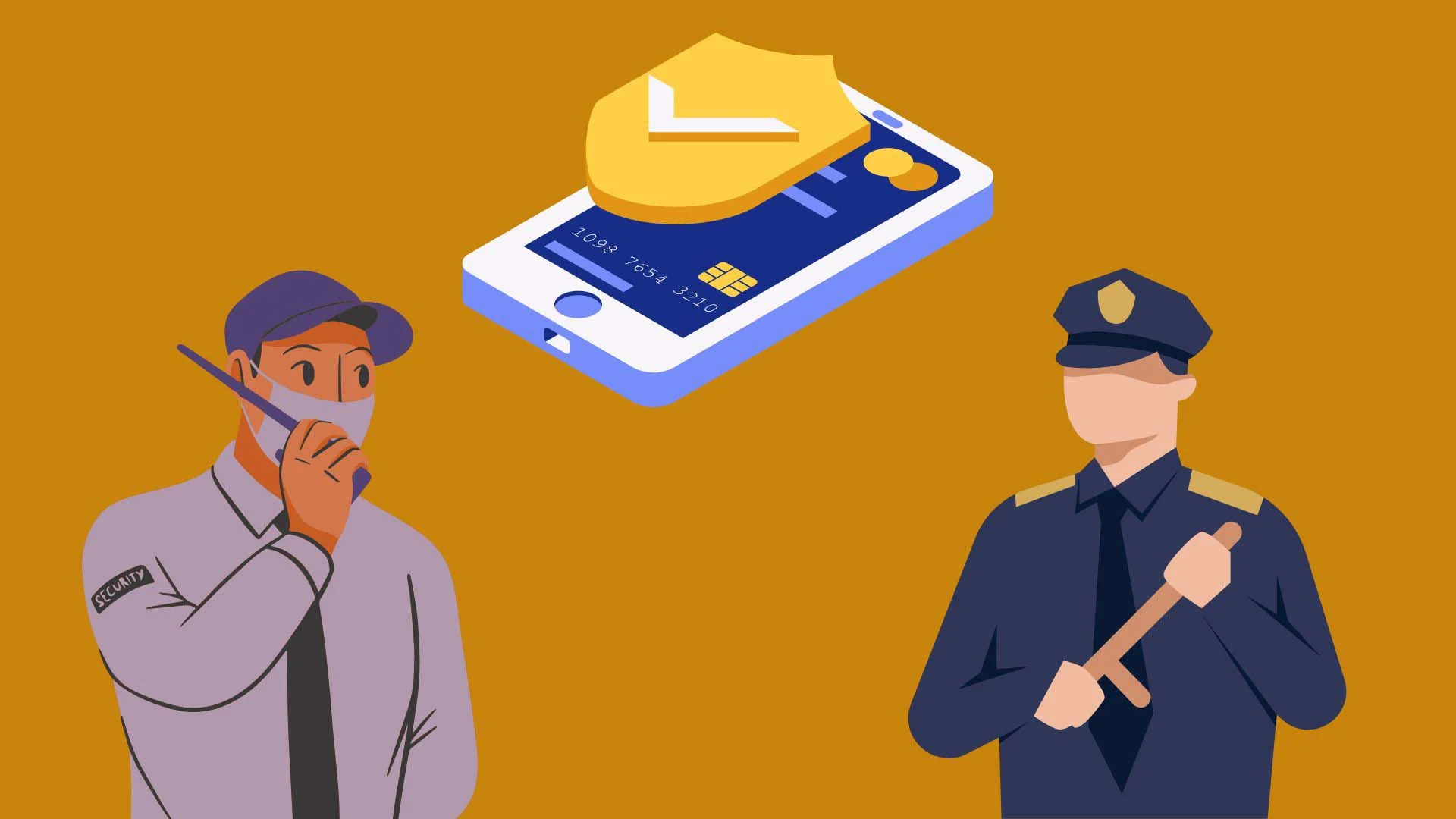
Online security is something websites do every day but we often forget to do so. Any website uses this technology to protect personal info. Often a website uses its security by giving you an e-mail address or other information that you can provide. Some sites will have disclaimers stating exactly what information was used and distributed. The data the websites collect will also be analyzed carefully to make it easier for you as the user to store and use the data in your account.
Tell me about the digital footprint
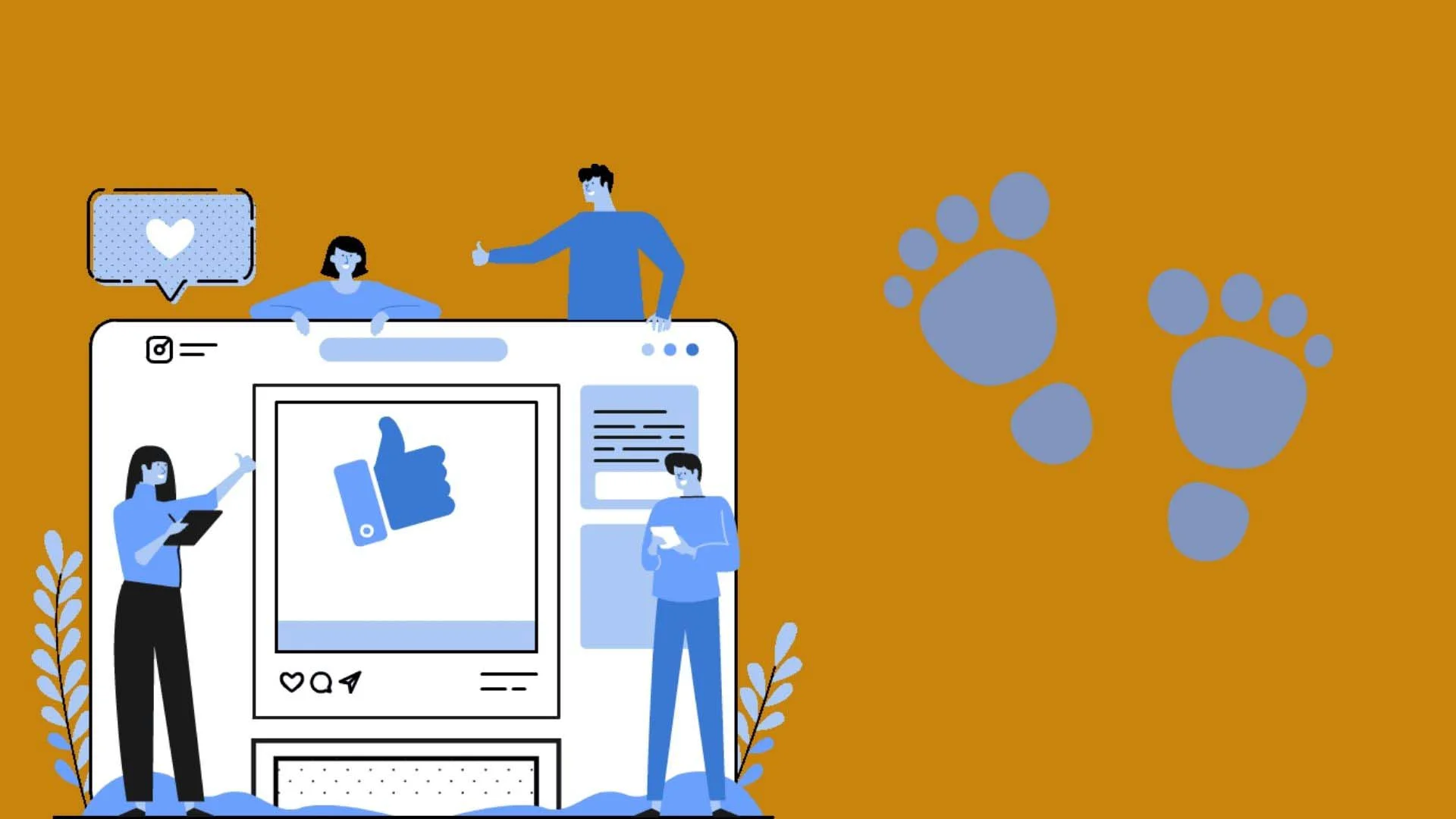
Using digital footprints, you can track online activities, contributions, communications, or actions you have taken that specifically identify you with the information that you provided online. If you provide a site with personal information or contribute to forums, this activity is automatically reflected in the personal digital footprint of the user. The identity we create through the digital footprint is divided into two categories. We are active on social media through our website and platforms. On social media, we give you the information you need and share it with you. We call it our digital passive footprint, where we collect data without knowing about it.
Different types of online security
We use the internet every single day. Among many, commonly used online security methods are the above-mentioned types and levels of online security which play only a fraction of the roles online security plays throughout our lives every day.
Pay With Your Smartphone
Credit card use has gone haywire in recent times and has been very poorly protected. You don’t have to do anything to fix this. Instead, use your Apple Pay card in every location you can. There’s a wide variety of app choices. There are even mobile payment apps on our list. Going full-blown with your phone as the payment system is typically easy to follow. It typically begins by snapping pictures of the bank card used to back your payment.
Use multi-factor authentication
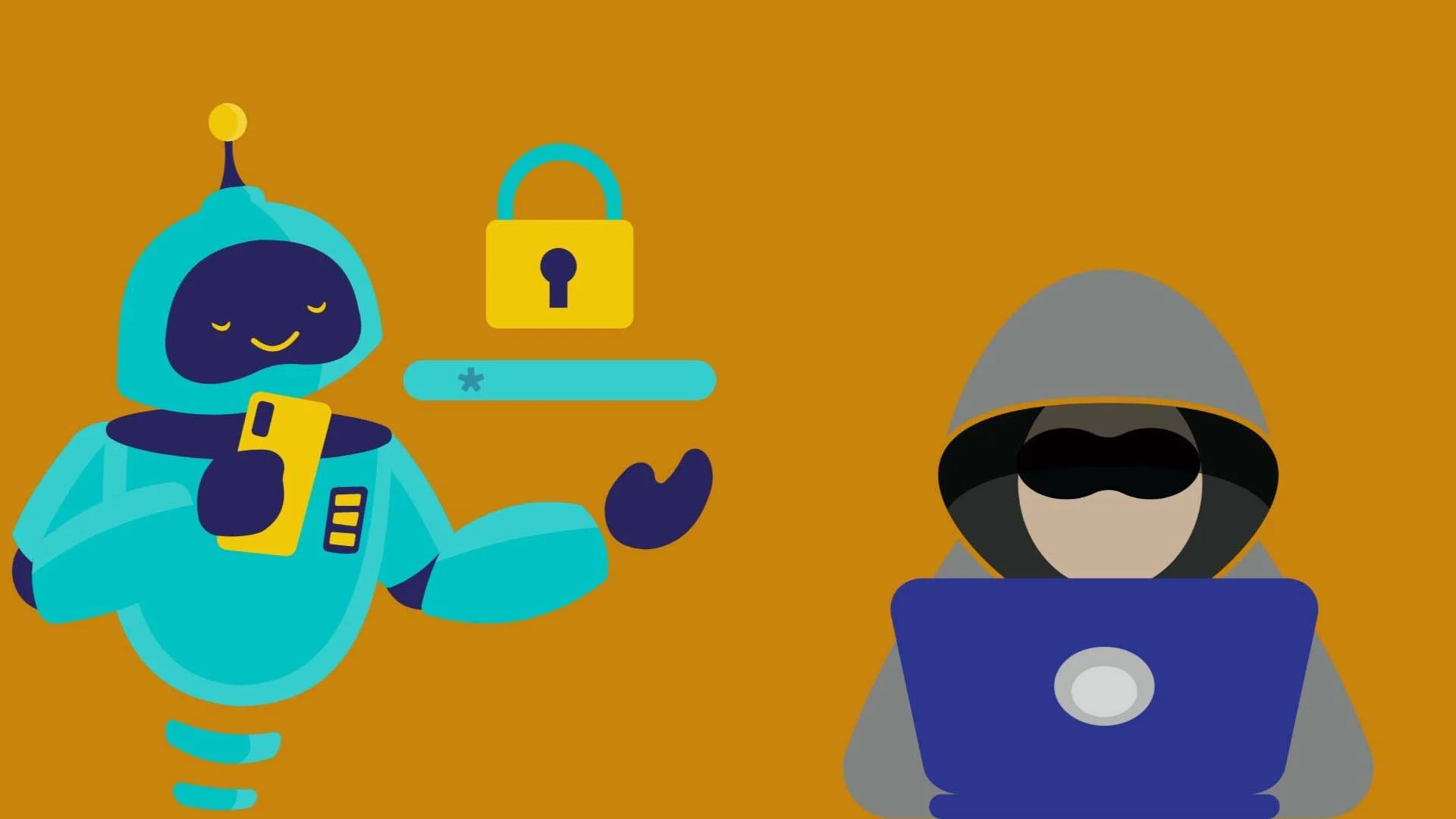
It’s difficult for a user to verify identity and password with XML. Multi-factor authentication enables users to use another layer to log in. When the user has sensitive data that can be logged into their account with multiple-based authentication you must enable this. Gmail, Evernote, and Dropbox offer a variety of internet service offerings with multifactor authentication. How does 2-factor authentication work? We will continue with that question in one of our help articles.
Types of internet security threats
The internet provides many services and information to its customers but also has many risk factors. The complexity of cyberattacks is only growing, and several cybercriminals have combined multiple attacks to target one target. Although the threat list is large, these are the most commonly encountered threats on the internet: phishing, fake websites, fake support emails, malicious pages on the web, spam messages, etc.
Use different e-mail addresses for different types of accounts
People who are very organized but also methodically devoted to protecting personal information often have different e-mail accounts to keep their online identities separate. If someone emails you with phishing emails pretending to be in your bank, it is real – you know this!
Recommended by Us

Consider keeping an email for the sign-up of applications you are considering trying, but whose security might not be perfect. Once you have checked for an app and service, you can log in with your email account. If the user account gets too much spam, delete it. These are essentially masked emails that you get from Abine Blur and other disposable email service providers. Most sites use email addresses as usernames, while some offer the option of picking a unique username. Try changing the username each time.
Choosing the right internet security tactics
Internet security relies heavily on various tools for data protection. The importance of considering various types and strategies of security is paramount when considering security strategies.
Protecting your privacy starts with the world’s most advanced security

Google’s products have incredibly robust security infrastructures. The built-in security detects and blocks all threats and protects your data from unauthorized access. Which can keep your information secure online. This tactic includes:
Blocking malicious and misleading ads before they get to you
You may have a bad online experience by displaying advertisements that contain malware or a cover for the content you’ve been looking for. It’s a huge problem for us to tackle. Thousands of advertisements are filtered annually using live reviewers and sophisticated software. We provide tools to report a variety of ads. Our goal is to provide broader information about internet safety to people across the globe.
Proactive security alerts help protect your private information
We will be proactively alerting you when something is detected that we feel you should be aware of. For the example of Gmail, you’ll be notified by a browser that downloads files that could be dangerous to your data. Upon detecting any suspicious activity on your profile, you’re notified by email or phone to protect your data from unauthorized access to the site.
Encryption keeps data private and secure while in transit
Encrypting offers greater privacy in our service offerings. When sending or sharing videos or images, the information collected moves between the device, Google Services, and the data centers. These documents are encrypted using advanced encryption technologies, such as HTTPS or triple-layer security technologies.
Frequently Asked Questions About Online Security
Internet safety means the protection of online transactions. Specifically, the topic consists of topics such as internet behavior, security, and network security.
Application protection.
Network safety.
Cloud protection.
Security for IoT devices.
Web security is crucial for protecting sensitive information from unauthorized access. Without an integrated cybersecurity strategy, businesses can become vulnerable to malware attacks on their sites and systems as they become worse.
While cyber security helps protect devices and networks from third-party attacks Online Safety helps protect users against the use of devices and networks. This is done through awareness, education, and the use of technology.

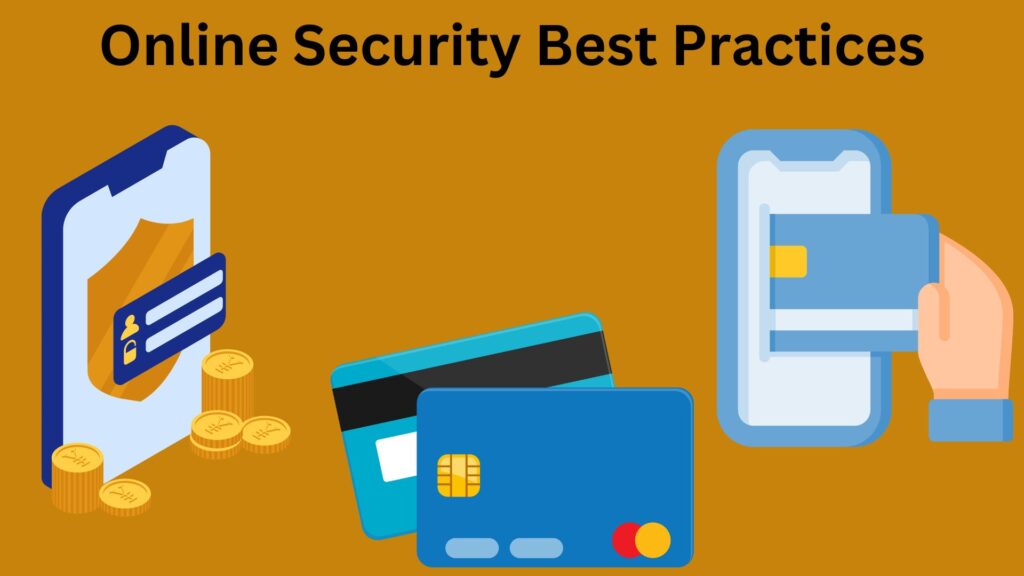
Pingback: Benefits Of VPS Hosting In Forex Trading
Pingback: Software As A Service Websites: Everything You Need To Know
Pingback: VPS Hosting In Forex Trading And Its Benefits – Wibblex Tools
Pingback: SaaS Users' Privacy: How To Protect User Data